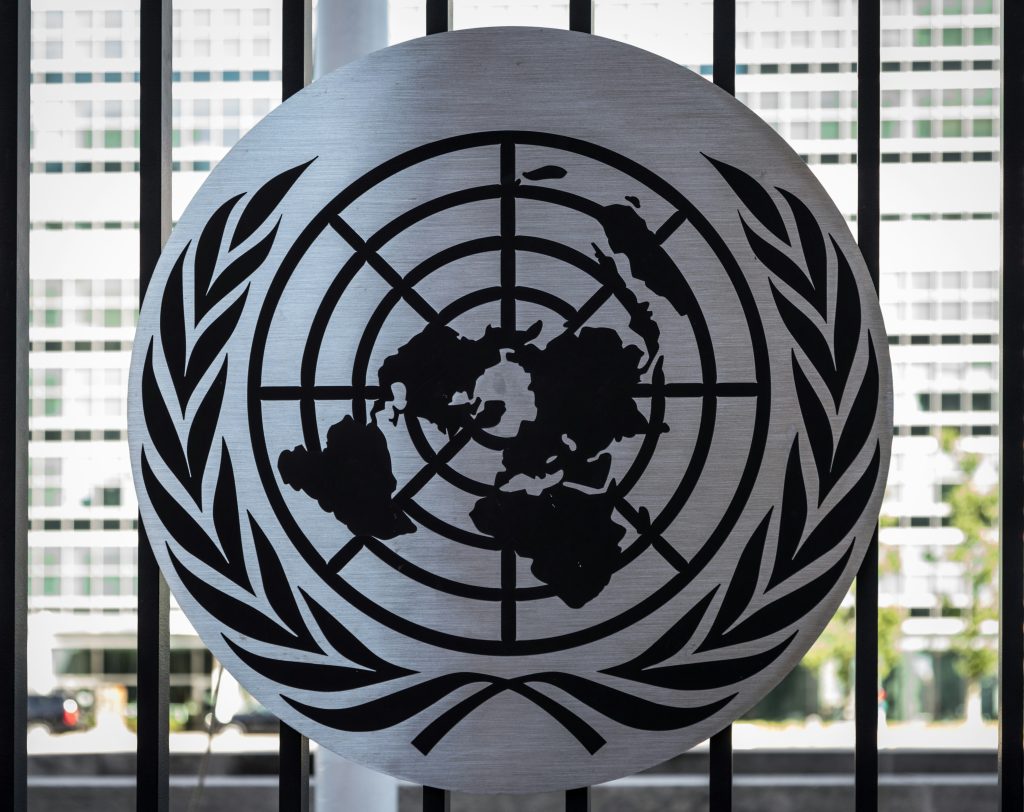By Sayyed Nadeem Kazmi, esq.
– – –
The desecration of any sacred text is an assault on deeply held beliefs and can only be interpreted as an act of hatred intended, at the very least, to provoke a response. The recent decision by the Swedish Government to allow a far-right wing religious extremist, Jade Sandberg, to ritually burn the Qur’an in advance of the Eurovision Song Contest is a setback for the principles of democracy and rule of law. It also compromises Sweden’s declared position on promoting social cohesion, for example, or the country’s oft-repeated commitment to respecting and celebrating diversity.
Whilst not a violation of the country’s laws as they stand, it is deeply disturbing to see acts of hate that are clearly targeted at specific minorities go unchallenged by the authorities, especially when other leaders have not just condemned such acts but implemented laws to ensure minorities are protected and national security preserved. For example, Denmark has made it illegal to burn, soil, trample or cut recognised religious scriptures; the Danish Foreign Minister, Lars Løkke Rasmussen, describing such actions as “deeply offensive and reckless“, committed by those who “do not represent the values Danish society is built on.” Sweden’s political and legal inaction over the Qur’an burnings flies in the face of its much-vaunted flagship Diversity Charter and indulges far right rhetoric and propaganda.

Indeed, United Nations High Commissioner for Human Rights, Volker Türk, strongly rejecting “..acts .. which have the clear aim to provoke violence and stir division“, stated that countries can and must do more. The UN, of which Sweden is a Member State, recently adopted a resolution unequivocally condemning “..any such acts directed against .. religious symbols, holy books, homes, businesses, properties, schools, cultural centres or places of worship“, as a violation of International Law.
The current social climate, especially in Europe, is one in which some minorities live in an atmosphere of increasing xenophobia through the perpetuation of negative stereotypes, with leaders of far-right parties in the political ascendancy fuelling hostility towards a perceived ‘other’. The displays of intolerance that were greenlighted by Swedish authorities should therefore be deeply troubling for any civilised society which purports to respect human rights and protect ALL its citizens.
The G20 called for an end to ‘religious hatred’, including acts against religious symbols and holy texts. Its New Delhi Leaders’ Declaration (September 2023) emphasises that, “freedom of religion or belief, freedom of opinion or expression, the right to peaceful assembly, and the right to freedom of association are interdependent, inter-related and mutually reinforcing and stress the role that these rights can play in the fight against all forms of intolerance and discrimination based on religion or belief“.
Thus, from the G20 to the UN to Pope Francis, and from Pakistan to Denmark, Qur’an burnings have been condemned in the interests of advancing civility, tolerance, and peace. Sweden, also ironically in the name of tolerance, has failed in its duty to safeguard the rights and security of its Muslim citizens. While antisemitism is rightly singled out for specific mention in the Council of Europe’s Committee of Ministers definition of hate speech as encompassing all forms of expression that “spread, incite, promote, or justify racial hatred, xenophobia, anti-Semitism, or other forms of intolerance“, it beggars belief why the response to antimuslimism is so muted. Such double standards only exacerbate tensions and undermine efforts towards wider tolerance and understanding.

According to Murshid Shaykh Faiz Ul Aqtab Siddiqi, Principal Blessed Guide of the Naqshbandi Qadri Hijazi Spiritual Order based in England, reckless use of freedom of speech can lead to social chaos and a descent into anarchy, as expressed in the Shaykh’s flagship Global Civility Initiative (www.globalcivility.com). To use ‘democracy’ or ‘free speech’ as an excuse not to protect a section of its citizens from insult and worse, allows those very principles of democracy and free speech to be abused, a moral and ethical failure on the part of those who purport to lead in the name of democracy, according to the Shaykh: “We are not asking for the criminalising of free speech or insult but we are demanding measurable change and pragmatic outcomes, not just a prescription for change. Whether done recklessly or maliciously, failure to act against actions that are designed to denigrate a section of society by openly attacking their sacred symbols or texts only leads to catastrophe, as evidenced by the riots in Malmö last year.“
The UN High Commissioner for Human Rights also called for a broad consultation process to “.. ultimately provide a blueprint for countries to adopt legal and law enforcement frameworks and robust policies to counter the scourge of religious hatred — in line with International Human Rights Law .. to fight the root causes and drivers of hate“, which would mean, among other things, “an active dismantling of harmful stereotypes” and “public information campaigns celebrating diversity .. to address religious hatred and its effects.” Through his Global Civility Initiative, Shaykh Siddiqi is likewise calling on religious leaders and people of faith in particular (over 80% of the world’s global population adhere to some form of religious and/or spiritual affiliation) to play their part in promoting respect for human rights, and advance diversity, harmony, and security for all. The alternative in the case of Sweden would be a public civilian led campaign of divestment from the country, which would be an unfortunate consequence of that government’s inaction over such matters and its failure to protect its citizens.
Article 19(3) of the ICCPR (International Covenant on Civil and Political Rights) states that the right to freedom of expression carries with it special duties and responsibilities and may therefore be subject to certain restrictions, but these shall only be such as are provided by law and are necessary: (a) For respect of the rights or reputations of others; (b) For the protection of national security or of public order (ordre public), or of public health or morals. There is an argument to be made for the Qur’an burnings to be considered in the context of Article 19(3) and therefore special duties and responsibilities applied in the case of such incidents under the ordre public restrictions criteria of the Article. Prominent lawyers Amal Clooney and Philippa Webb rightly argue (in The Right to Insult in International Law, Columbia University Human Rights Law Review, Issue 48.2) that the bar for the criminalization of insult should be high. However, it is surely possible to support their contention that insulting speech ought not to be prohibited or even criminalized on very broad grounds whilst on the same footing arguing for the protection of national security or public order.

The Swedish Government as an enlightened, forward-thinking democracy can still take heed of critical responses from political contemporaries as well as international laws to acts of hate committed within Sweden’s own borders and duly hold up their hands to say it will no longer ignore true threats against particular minority groups.
– – –
Sayyed Nadeem Kazmi is a British-Pakistani lawyer and adviser on international humanitarian affairs. He is managing partner and co-founder of The Resolution International, a global cross-jurisdictional law and policy advisory firm.


